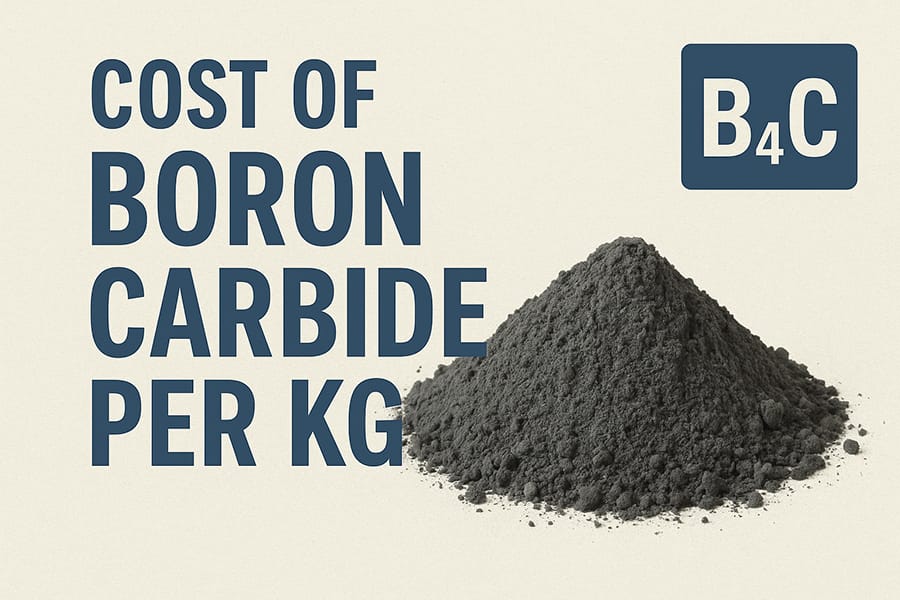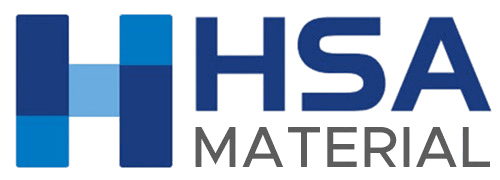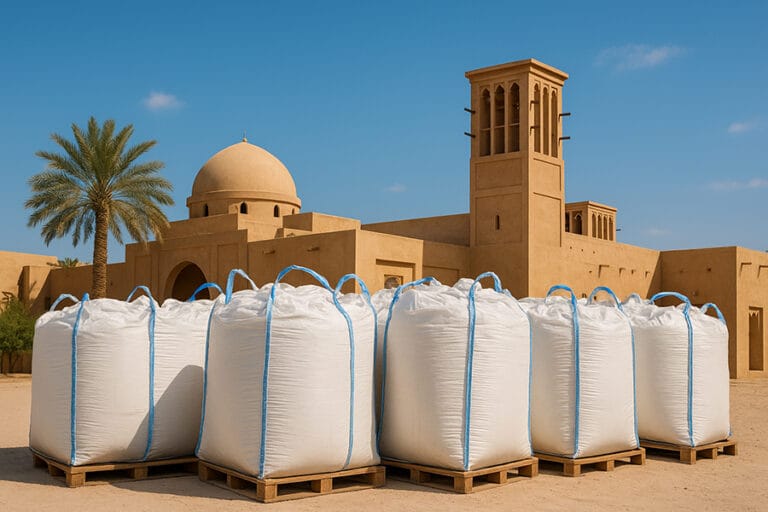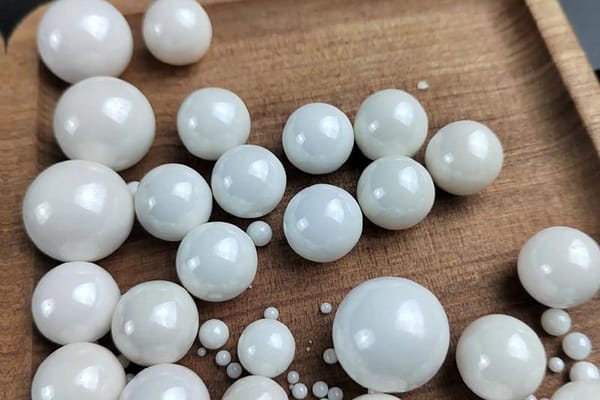تكلفة كربيد البورون للكيلوغرام الواحد

البورون كربيد (B₄C) is one of the hardest and most versatile ceramic materials available, offering remarkable wear resistance, صلابة عالية, and chemical stability. As a leading abrasives supplier, Henan Superior Abrasives is well positioned to shed light on the various cost factors that influence boron carbide pricing. In this blog, we’ll explore the key drivers behind تكلفة كربيد البورون للكيلوغرام الواحد, examine how different grades compare, and offer tips for buyers to optimize their sourcing strategy.
What Affects the Cost of Boron Carbide
When assessing the تكلفة كربيد البورون للكيلوغرام الواحد, it’s crucial to understand the variables that affect pricing. Boron carbide is not a “one-size-fits-all” product—differences in purity, size, application, and production method can result in very different cost structures.
Purity and Chemical Grade
Purity is one of the primary cost drivers. Boron carbide with purity above 99% or specially tailored grades (e.g. nuclear or semiconductor applications) are subjected to stricter raw material selection, refined processing, and more exhaustive quality control. These added steps increase manufacturing costs, and consequently raise the cost of boron carbide per kg. A lower-purity, industrial-grade powder doesn’t require such high-level purification, which allows for more budget-friendly pricing.
Particle Size and Fineness
Fineness—often described by mesh size or average particle diameter—is another key factor. Finer powders or nano-scale boron carbide require more grinding, classification, and handling to achieve uniformity, which drives up production costs. The finer the boron carbide powder, the more expensive the milling and sieving stages become. Thus, nano boron carbide or ultra-fine grades typically command a higher cost per kg than coarser industrial powders.
Batch Size and Order Volume
Bulk purchasing can significantly reduce cost per kilogram. Ordering large volumes—especially in the tonnage range—allows producers to benefit from economies of scale, lowering تكلفة كربيد البورون للكيلوغرام الواحد. Conversely, buyers ordering small quantities (e.g. sample sizes or small lots) are likely to pay a premium, due to fixed handling, packaging, and logistics overheads spread across fewer kilograms.
Manufacturing Process and Energy Costs
البورون كربيد production involves carbothermal reduction or other high-temperature processing techniques. These processes consume substantial energy and often require high-quality raw materials (boron oxides, carbon sources, and inert gas atmospheres) and advanced furnaces. Energy costs, labor, and furnace maintenance are significant, especially in regions where power or raw material sources are more expensive. Variability in electricity, gas, and labor costs will influence the تكلفة كربيد البورون للكيلوغرام الواحد from one region or manufacturer to another.
Geographic Sourcing and Logistics
The location of the manufacturer and logistics impact can’t be overlooked. Transporting boron carbide powder—especially internationally—incurs freight costs, customs duties, packaging, insurance, and handling fees. In addition, regulatory requirements for hazardous powders or fine ceramics may add to packaging or shipping costs. Suppliers who operate in regions with low energy costs or raw material abundance may offer more competitive pricing.
Price Ranges for Different Boron Carbide Grades
Here is a general breakdown of typical cost ranges for various boron carbide grades. These are indicative and vary depending on order size, specification, and supplier location.
| Boron Carbide Grade | Typical Cost Range (USD per kg) | Comments |
|---|---|---|
| Industrial / Metallurgical Grade | ~US$10–60/kg | Often used in abrasives, metallurgical additives, ceramics. Prices are lower due to lower purity and coarser particle sizes. |
| High-Purity / Nuclear-Grade | ~US$150–300+/kg | High chemical purity and controlled impurities; suitable for nuclear applications, high-end ceramics, semiconductor uses. |
| Nano Boron Carbide Powder | ~US$100–250/kg (sometimes more) | Fine or nano-scale powders with tight particle size distribution; higher production and classification costs. |
| Armor / Abrasive-Grade (B₄C Pellets or Powders for Ballistic or Wear Resistance) | ~US$80–200/kg | Specialized grades tailored for ballistic armor, wear-resistant composites, or high-performance cutting tools. |
These ranges reflect broad market averages. For small sample orders or custom formulations, costs may exceed these ranges. Conversely, large-scale contracts (tens to hundreds of tons) can push pricing toward the lower bound or below.
Cost Comparison: Boron Carbide vs Other Abrasive Powders
It’s useful to compare boron carbide with other common abrasive powders to see how its cost per kg stacks up:
- كربيد السيليكون (كذا): Typically ranges from US$1–5/kg for coarse industrial grit up to US$20–40/kg for finer or high-purity grades.
- Alumina (Al₂O₃): Prices vary widely, from US$2–10/kg for basic grit to US$20–50/kg for high-grade powders.
- البورون كربيد (B₄C): Generally higher than SiC or alumina when high purity or fine grain are required, but can be competitive at industrial-grade levels.
In summary, boron carbide is often more expensive than many traditional abrasives—especially when high purity, fine particle size, and performance are required. لكن, its unique hardness and wear resistance can justify the extra cost in demanding applications such as ballistic armor, refractory composites, and wear-resistant coatings.
How to Secure the Best Cost of Boron Carbide per kg
If you’re considering purchasing boron carbide, here are some practical strategies to optimize cost without compromising on quality:
Define Your Application Clearly
Be explicit about your end-use—whether it’s metallurgical additives, abrasive blasting, ceramic composites, ballistic armor, or nano formulations. This helps suppliers recommend the most appropriate grade. Over-specifying purity or fineness can unnecessarily inflate cost.
Request Quotes for Multiple Grades
Ask for quotes for different grades (industrial, high-purity, fine vs coarse) to compare cost vs performance. This comparison can help you determine whether the premium for higher-end boron carbide is justified for your application—or whether a lower-grade product might offer acceptable performance at reduced cost.
Scale Up to Benefit from Bulk Discounts
If possible, consolidate purchases to reach higher volume tiers. Suppliers often offer significantly lower cost per kg for tonnage-level orders or long-term supply contracts. Even splitting orders across several project phases can help you approach bulk pricing thresholds.
Negotiate for Packaging, Logistics, and Freight Terms
Clarify who handles shipping, packaging, customs duties, and insurance. Negotiating Incoterms (e.g., FOB, CIF, DDP) upfront can help you avoid surprise costs. Sometimes, asking suppliers for ex-works pricing and arranging your own shipping can be more cost-effective for large orders.
Assess Quality and Certification
Even if low-cost boron carbide looks attractive, verify quality via certificates of analysis (CoA), impurity testing, grain size distribution, and consistency. Poor-quality or off-spec powders can lead to downstream failures or production inefficiencies that ultimately increase your cost. Paying slightly more for a proven, certified product may reduce total cost of ownership.
Suggestion
The تكلفة كربيد البورون للكيلوغرام الواحد is shaped by a complex interplay of factors—purity, particle size, volume, production method, logistics, and end-use. As such, there is no single “market price” but rather a spectrum of costs tailored to different grades and applications. Buyers should carefully evaluate their specific requirements and engage suppliers with detailed technical specifications to ensure they are getting the best value.
From an abrasives supplier’s perspective, boron carbide represents a premium ceramic product that commands higher pricing when fine particle sizes, high purity, or specialty performance are required. Nonetheless, industrial-grade boron carbide remains a viable and competitive option when performance demands are more moderate.
About Henan Superior Abrasives
خنان متفوقة مزيلات is a specialized manufacturer and exporter of high-quality abrasive materials, including boron carbide powders, كربيد السيليكون, alumina, and other advanced ceramics. We offer a wide range of boron carbide grades—from industrial and metallurgical powders to fine and specialty grades—tailored to applications in abrasives, refractory materials, ceramics, composite manufacturing, and high-performance protective solutions.
If you’re looking for reliable كربيد البورون sources with detailed technical data and competitive pricing, reach out to us at خنان متفوقة مزيلات. We provide full specification sheets, sample testing, bulk order pricing, and logistics support. Contact us today to request a quote for boron carbide per kg based on your specific application and volume requirements—and let us help you optimize both cost and performance.
قد تكون مهتم ايضا ب…
اتصل بنا
احصل على عرض أسعار مجاني
أسس في 2001, HSA هي الشركة الرائدة في مجال توفير أبخرة السيليكا والمواد الكاشطة في الصين, وأيضًا المصدر المتميز للمنتجات عالية الأداء للصناعات الخرسانية والمواد الكاشطة.



